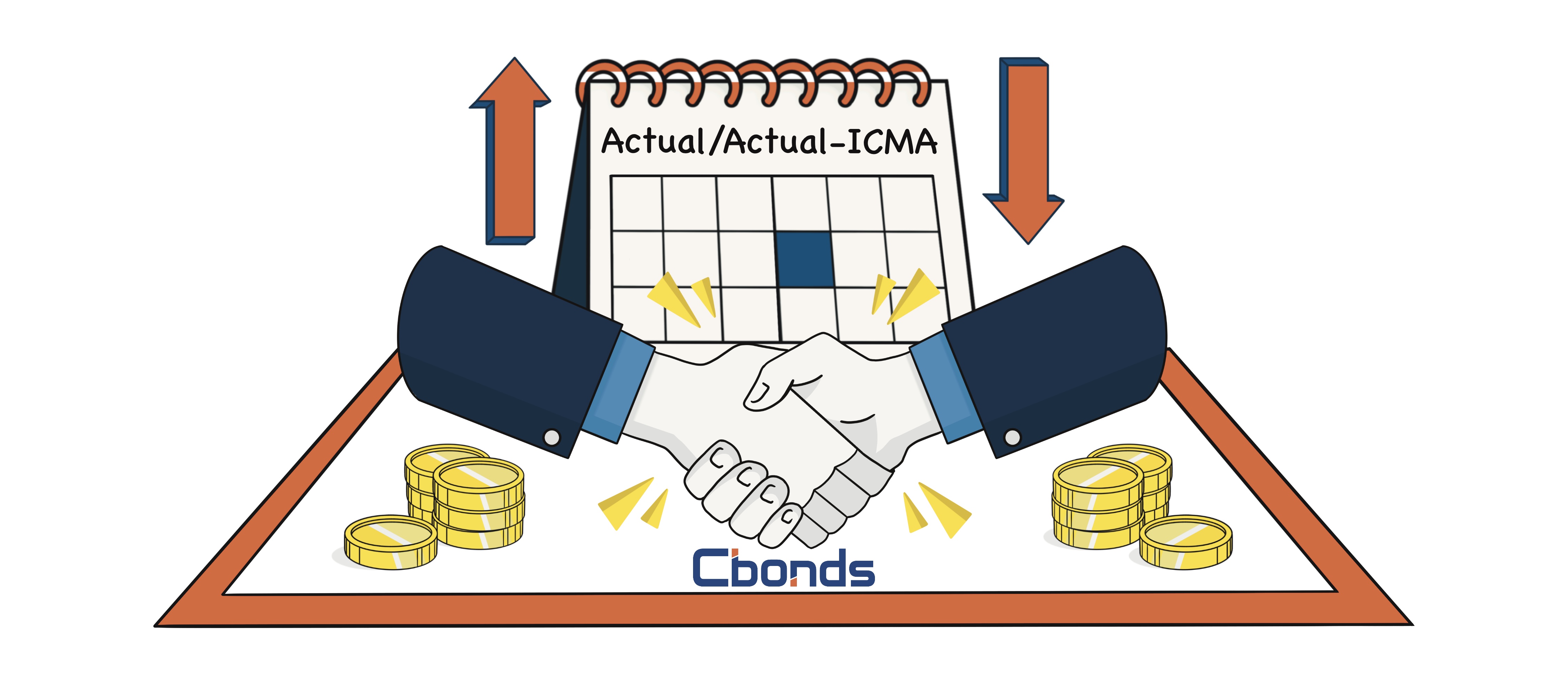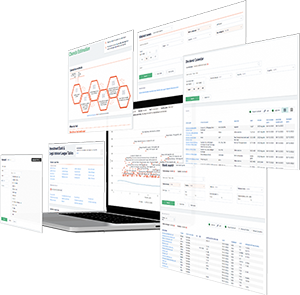By
Konstantin Vasilev Member of the Board of Directors of Cbonds, Ph.D. in Economics
Updated August 06, 2023
What does Actual/Actual-ICMA mean?
Actual/Actual (ICMA) and Actual/Actual (ISMA) are day count conventions used by local government professionals, local governments, and ICMA members to calculate interest in various financial transactions. The day count convention, a technical assistance tool, is crucial in determining the applicable portion of interest accrual. These conventions are also relevant for loans, investments, and bond-related activities in the government and business sectors.
ICMA, with its professional development opportunities, empowers county managers, business professionals, and other employees in the world of professional management. The ICMA Executive Board oversees the implementation of these day-count conventions and networking among its members, creating a cohesive and knowledgeable community. The ICMA RC, a prime example of an organization utilizing these methods, stays at the forefront of the journal, data, and investment pages, continuously adapting and innovating.

ICMA vs. ISMA
Historical Background
-
The International Securities Market Association (ISMA) was initially established as a self-regulatory organization (SRO) dedicated to monitoring transactions and promoting compliant trading in the international securities market. It was founded to support the development of Euromarkets and operated as a designated investment exchange regulated by the Financial Services Authority in the United Kingdom.
-
The International Capital Market Association (ICMA) was formed due to the merger between ISMA and the International Primary Market Association in 2005. After the merger, ICMA expanded its scope to cover various aspects of capital markets, including primary and secondary markets and became a prominent organization within the international financial industry.
Day Count Convention
-
ACT/ACT (ISMA) was a day count convention previously used by ISMA, where interest was calculated based on the actual number of accrued days and the actual number of days in a year.
-
After the merger of ISMA with the International Primary Market Association, ICMA took over the day count convention and renamed it ACT/ACT (ICMA). The verification was provided to the International Swaps and Derivatives Association (ISDA) to confirm that the two conventions, ACT/ACT (ISMA) and ACT/ACT (ICMA), were identical. Essentially, it means that ICMA now manages the same-day count convention.
Scope and Function
-
Before the merger, ISMA focused on self-regulation and monitoring of transactions in the international securities market, primarily in the context of Euromarkets.
-
After the merger, ICMA expanded its mandate to cover a broader range of activities related to the international capital markets. It became a key organization in the capital markets industry, providing various services, guidelines, and standards for market participants globally.
Other interest calculation methods
-
30/360 (ISDA) or 30/360 (American Basic Rule). This method calculates interest based on a 30-day month and a 360-day year. When computing interest, the accrued interest up to the last day of a month is treated as if it were accrued up to the 30th calendar day of the same month. The exception is February, which is handled differently. If the interest period starts on the 30th or 31st of a month, these days are assumed to be 30th days. For February, February 28 (or 29 in a leap year) is assumed to be the last day. This method is commonly used for US straight and convertible bonds.
-
Actual/365 (Fixed). This method calculates interest based on the actual number of accrued days in the interest period, and a 365-day year is assumed. It is a straightforward approach that doesn’t involve any complex adjustments for different months or leap years.
-
Actual/Actual (ISDA). This method calculates interest based on the actual number of accrued days during the interest period. The interest period is divided into two parts: the number of days falling on a normal year (365 days) and the number of days falling on a leap year (366 days). The interest is computed by dividing the actual number of days on a normal year by 365 and adding to it the actual number of days on a leap year divided by 366.
-
Actual/Actual (AFB). This method calculates interest based on the actual number of accrued days and assumes either a 366-day year (if 29 Feb falls in the coupon period) or a 365-day year (if 29 Feb does not fall in the coupon period). If the coupon period is longer than one year, it is split into sub-periods counting backward from the end of the coupon period. The sub-periods are separated by full years, and if a sub-period starts on the start date of the accrued interest period, it may be shorter than a full year. The interest computation is then performed separately on each sub-period, and the intermediate results are summed up.
Bond Screener
Watchlist
Excel Add-in
API





















